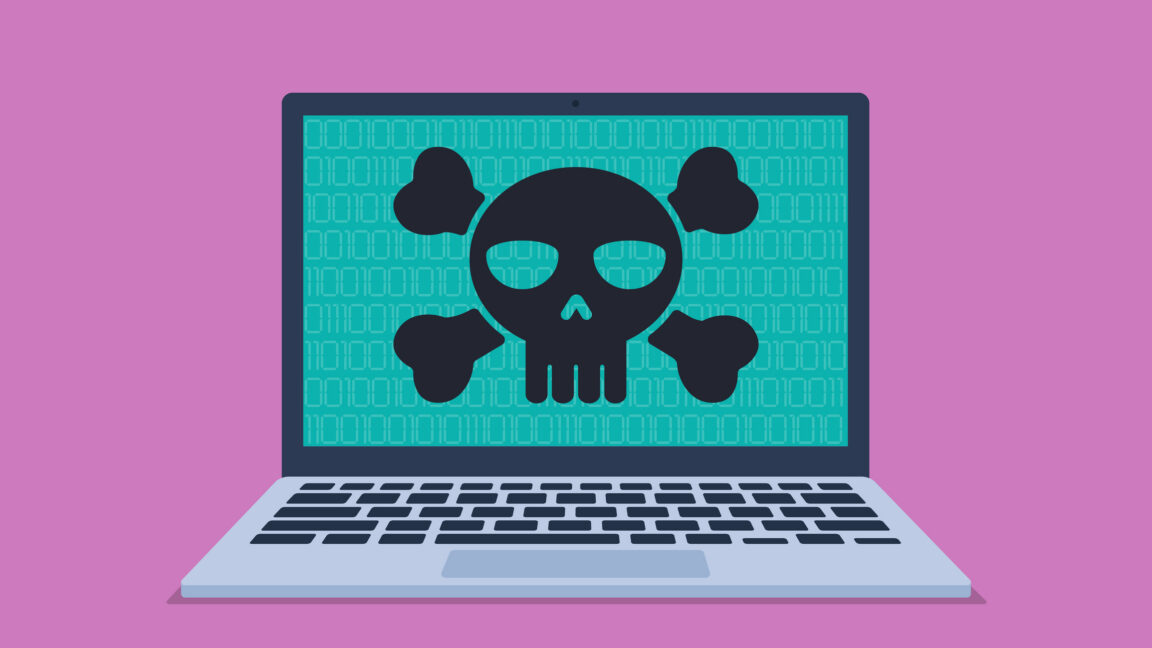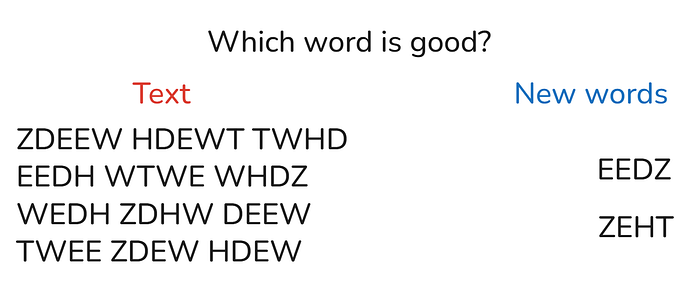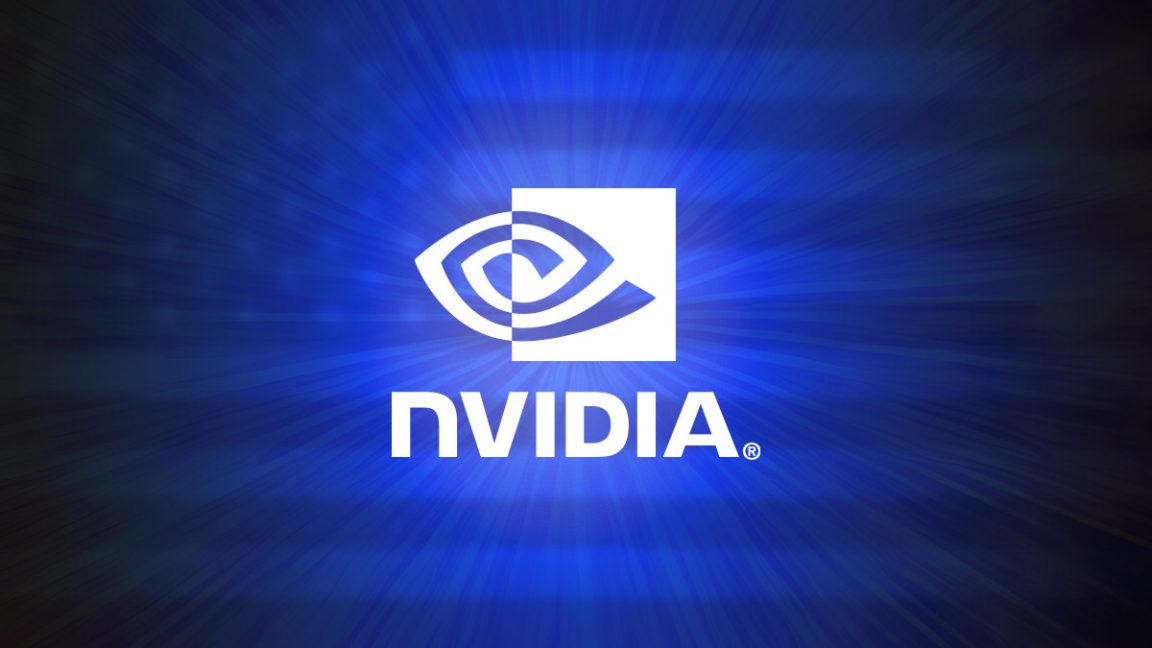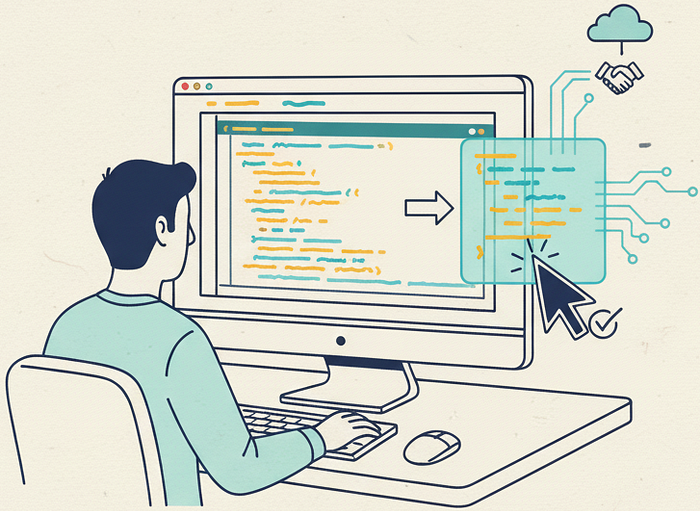Introduction to the Case
Meta, a well-known technology company, has been involved in a lawsuit regarding the alleged downloading of adult content from Strike 3, a company that produces adult films. The lawsuit claims that Meta’s employees and IP addresses were used to download this content, which was then used to train AI models.
The Allegations Against Meta
The allegations against Meta include the claim that the company’s IP addresses and employees were used to download adult content from Strike 3. However, Meta argues that the evidence provided by Strike 3 is not sufficient to support these claims. According to Meta, the evidence only shows that a small amount of content was downloaded from their IP addresses, and this activity was likely for personal use rather than for training AI models.
Meta’s Defense
Meta’s defense is based on the idea that the alleged activity is not sufficient to prove that the company was involved in a concerted effort to collect data for AI training. The company argues that the downloads were intermittent and only amounted to about 22 titles per year, which is not enough to support the claim that Meta was collecting massive datasets for AI training. Additionally, Meta points out that the alleged activity cannot be reliably linked to any specific employee or role within the company.
The Issue of IP Address Use
Meta also argues that the use of its IP addresses does not necessarily mean that the company or its employees were responsible for the downloads. The company notes that tens of thousands of employees, contractors, visitors, and third parties access the internet at Meta every day, making it possible that a guest, freelancer, or contractor could have been responsible for the downloads.
The Case of the Contractor
One specific example cited by Strike 3 is the case of a Meta contractor who was allegedly directed to download adult content at his father’s house. However, Meta argues that this activity is also indicative of personal consumption rather than any official company business. The contractor in question worked as an automation engineer, and there is no apparent basis for why he would be expected to source AI training data in that role.
Conclusion
In conclusion, Meta has presented a strong defense against the allegations made by Strike 3. The company argues that the evidence provided is not sufficient to support the claims of a concerted effort to collect data for AI training, and that the alleged activity is more likely to be the result of personal use by individuals. As the case continues, it will be interesting to see how the court rules on these allegations and what implications this may have for the use of IP addresses and data collection in the tech industry.
FAQs
- Q: What is the basis of the lawsuit against Meta?
A: The lawsuit alleges that Meta’s employees and IP addresses were used to download adult content from Strike 3, which was then used to train AI models. - Q: How has Meta responded to these allegations?
A: Meta argues that the evidence provided is not sufficient to support the claims and that the alleged activity is more likely to be the result of personal use by individuals. - Q: What is the significance of the case?
A: The case has implications for the use of IP addresses and data collection in the tech industry, and the court’s ruling could have significant consequences for companies like Meta. - Q: What is the current status of the case?
A: The case is ongoing, and the court has not yet made a ruling on the allegations.










